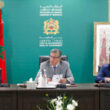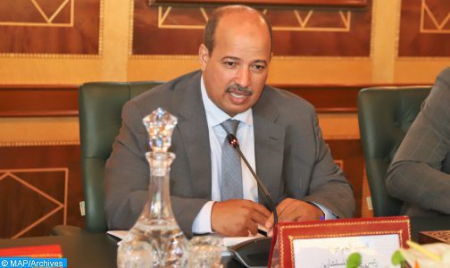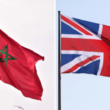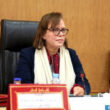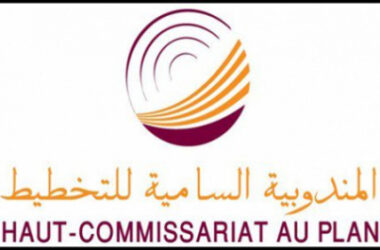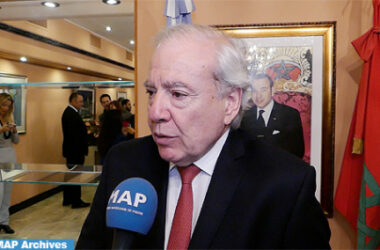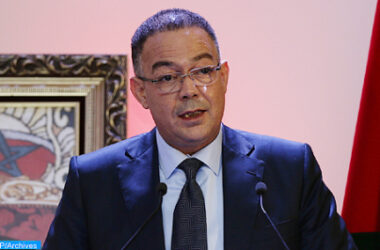Speaking at the opening of the 10th consultative meeting of the Association of Senates, Shura and Equivalent Councils of Africa and the Arab World (ASSECAA), Mayara, who is also the organization’s president, said Africa and the Arab region are facing an environmental crisis characterized by extreme weather conditions such as heat waves, floods and droughts.
“This crisis, which threatens the loss of biodiversity of ecosystems essential to human existence, is not only an environmental problem, but also a social and economic problem,” he warned.
In this regard, he stressed that the international community is advocating a new approach based on the green economy, including redirecting capital to invest in renewable energy sectors and reducing carbon emissions.
Recalling that the Arab-African economy faces a major challenge represented by the high cost of transition to low-carbon economies, he said that rapid progress in the field of renewable energy technologies makes the transition to a green economy possible.
In this context, Mayara noted that several Arab and African countries have realized the importance of the green economy and its potential, thus launching a strategic transformation process towards an environmentally friendly economic model.
On the other hand, he considered that “this requires intensive efforts from all countries, paying special attention to rural development and the water sector, adopting cleaner production techniques and environmental standards in construction, as well as ensuring environmentally friendly waste management.”
Similarly, he said that foreign investment in the various sectors of the green economy should be encouraged and attractive incentives such as tax breaks, credit facilities and customs exemptions should be provided.
Mayara noted that over the past three years, the economic performance of African and Arab countries has been significantly affected by successive crises that have reduced the volume of economic activity and impacted many sectors such as tourism, transport and trade.
This situation has led to a significant increase in public budget deficits and debt, rising food prices and worsening poverty and unemployment, he lamented.
The Speaker of the House of Councillors pointed out, thus, that MPs, as key partners in the elaboration of economic development policies, can play an important role in helping to address these economic crises and mitigate their impact.
The opening ceremony of the 10th ASSECAA Consultative Meeting was attended by the Prime Minister of the Kingdom of Eswatini, Cleopas Sipho Dlamini, the Speaker of the Senate, Lindiwe Dlamini, the United Nations Resident Coordinator in Eswatini, as well as a host of African and Arab political figures.
This three-day meeting aims mainly to strengthen the basis for cooperation between member countries, as well as to discuss a number of issues and topics of vital importance to the African and Arab parties.
Thus, the work of this congress will focus on two main themes, namely “The effects of the multifaceted international crises on the economies of Africa and the Arab world” and “The importance of the green economy in strengthening development in Africa and the Arab world”.
ASSECAA is a regional parliamentary organization whose objectives are to support bicameral parliamentary systems in member countries, as well as to strengthen cooperation in the economic, political, social and cultural fields between the African and Arab regions and the world at large.
It also aims to contribute to the deepening of the awareness of democratic values and concepts, to encourage and protect the role of civil society and human rights organizations and to discuss issues of common interest in the national and international spheres, while adopting practical resolutions concerning them.




